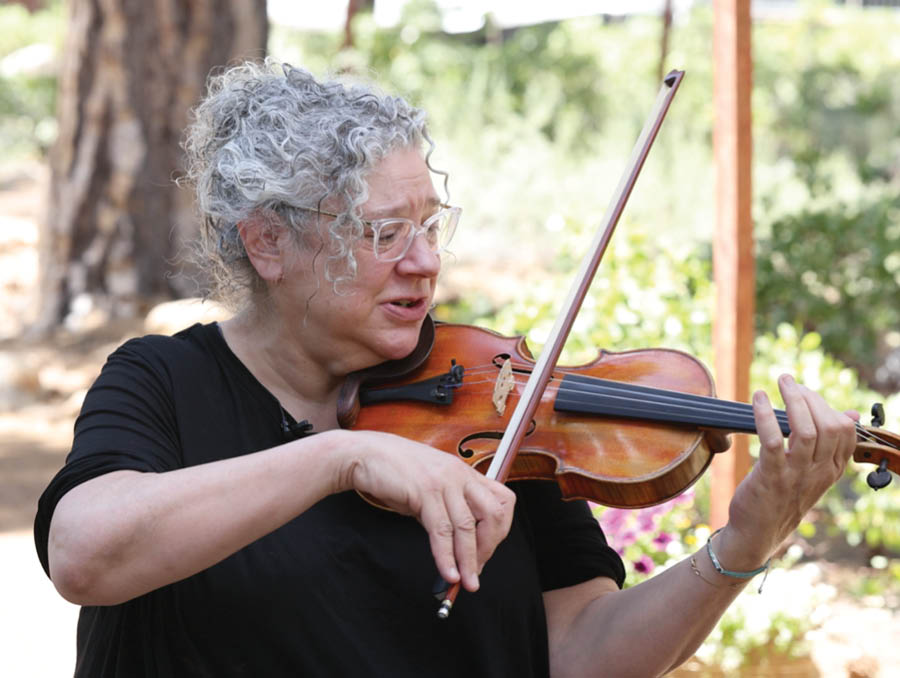A first-of-its-kind suicide prevention program that allows students to contact crisis counselors via text message has been launched in Washoe County schools after a successful pilot program in 12 Lyon, Storey, and Washoe County schools.
The TextToday program, a joint effort by the University of Nevada Cooperative Extension, the Crisis Call Center and the Nevada Office of Suicide Prevention, aims to reduce Nevada's third-in-the-nation suicide rate by increasing help-seeking behaviors among youth.
Cooperative Extension Youth Development Specialist William Evans said the texting program is based on research showing that young people are more willing to share their feelings through electronic means than by articulating them more directly, either in person or on the phone.
"If we can make it easier for young people to reach out to someone, we might be able to put a dent in Nevada's high suicide rate," said Evans, a professor of Educational Psychology, Counseling and Human Development. "Teens who might hesitate to make a call and talk with someone might be willing to text them, and that gives us an opportunity to help that we otherwise wouldn't have had."
Evans said a Centers for Disease Control study in 2009 showed that 10 percent of students in Nevada attempted suicide, and 18 percent have seriously contemplated it. A Nevada Department of Education study that same year found that although schools often provide free or low-cost counseling, more than a third of the state's middle-school students said they didn't have a teacher or adult at their school they could talk to about a problem.
Some of the program findings:
- The TextToday program increased help-seeking behaviors among youth.
- Youth endorsed the program and the marketing materials, and several mentioned they would like to be able to call the hotline as well as text it.
- The average text conversation lasted 56 minutes, with one running 12 hours (from initial text to resolution).
- The highest number of text messages concerned relationship issues. Mental health and bullying were the next most frequent problems.
- In focus groups conducted five months after the program was launched, students said they thought texting their problems to a counselor was less intimidating than calling.
- Students' fear of being labeled a "snitch" and perhaps facing retaliation was a barrier to reporting bullying.
- Most young people in the focus groups said they didn't feel comfortable discussing personal matters with school teachers, administrators or counselors because they feared they would discuss the problems among themselves or involve parents.
Evans said the program is currently in 12 northern Nevada schools, and would be rolled out to many more throughout the state next school year. The text-crisis line will be advertised to students through posters around the schools. As in the Lyon and Storey schools, the poster will include a dispenser with information cards that students can take with them.
For further information about this program, contact Bill Evans, wevans@unr.edu; (775) 784-7013.











